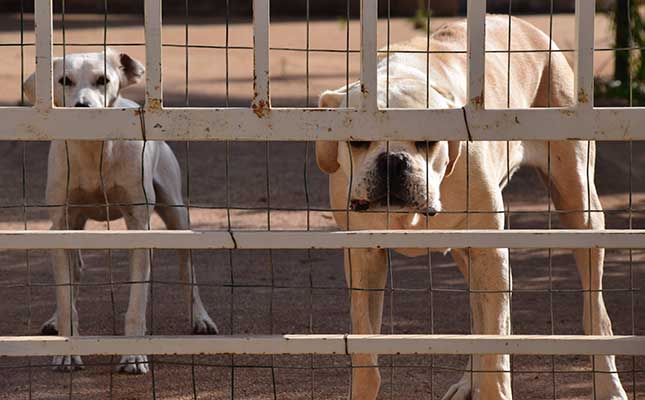
Photo: Pxhere
“The potential for [the disease] to spread to our local naïve population of [dogs used for breeding] is huge and may have a devastating impact on the financial well-being of breeders, animal welfare and public health,” he said during the recent Afrivet Technical Conference 2022.
Canine brucellosis was diagnosed in South Africa for the first time in 2005 in two stray dogs found in the Western Cape. By 2019, a study had found that the disease had spread to an estimated 4% of the country’s animal shelter and township dogs.
READ Breeding bobaas boerboels
“Infected animals must be euthanised, or at least be sterilised and isolated from [other dogs],” De Cramer said.
Canine brucellosis could lead to late abortions in bitches, and both bitches and males could become infertile. As it was a zoonosis and dogs were bred as companion animals, De Cramer expressed concern that the disease could be transferred to humans.
Globally, the disease was on the rise, he added. In total, 11% of dogs in Spain, around 7% in Poland, 10% each in Bangladesh and Iran, and nearly 5% in the US had already been infected with the disease.
READ Animal health: putting together a first-aid kit for livestock
“Closer to home, 12% of Zimbabwe’s urban and 20% of its rural dogs have been infected.”
With regard to global breeding facilities, the incidence was much higher, De Cramer said. This was confirmed by recent studies conducted between 2017 and 2021 in breeding facilities in Italy (10% of breeding dogs), Brazil (20%), and Canada (37%).
“Even if canine brucellosis [is] rife in South Africa, [it may not be picked up as] local veterinarians and breeders don’t know to be on the lookout for it,” De Cramer said.
He added that breeding animals should be tested at least once a year, as the rate of infection was increasing due to the international movement of animals.
“Given that very few vets and physicians will scan patients for the disease, there’s a real danger that the situation may escalate without detection.”










